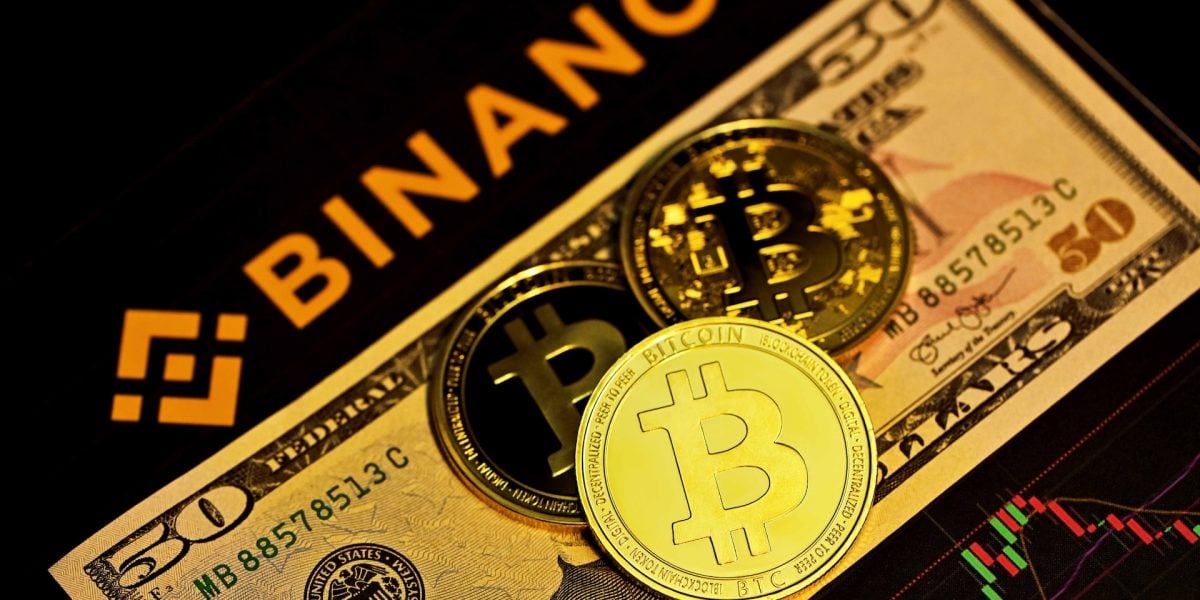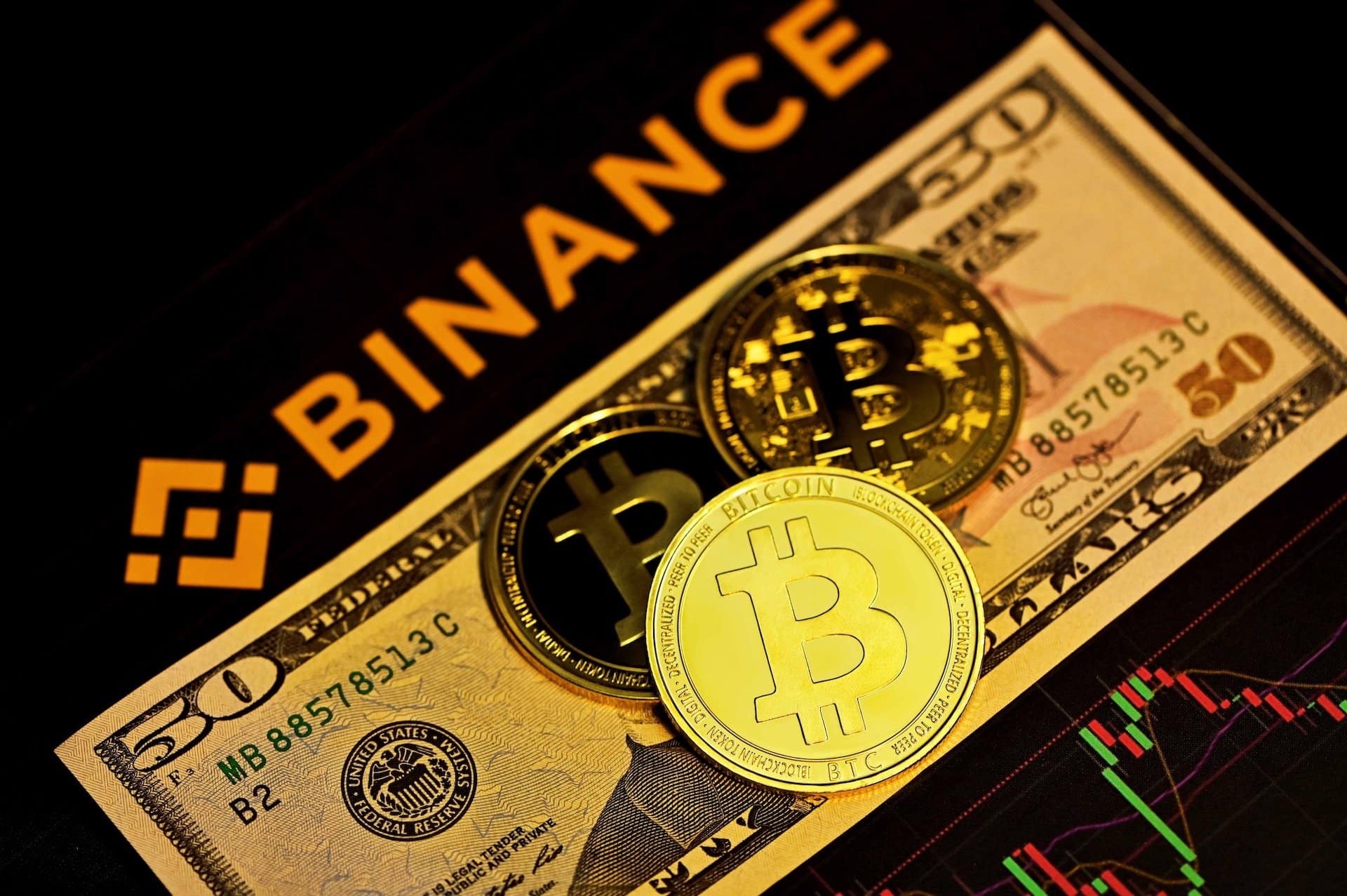
- The unfolding SEC case against Binance sees Circle making a case for stablecoins’ exemption from financial trading laws.
- Circle’s stance highlights the foundational logic behind stablecoins, potentially setting a significant precedent in crypto regulation.
As the legal skirmish between Binance and the Securities and Exchange Commission (SEC) continues to unfold, stablecoin issuer Circle has stepped into the fray. The core of Circle’s argument is that stablecoins, whose value is anchored to other assets, should not be ensnared by traditional financial trading laws. This intervention comes in the wake of accusations made by the SEC in June, where Binance was charged with multiple legal infractions for facilitating trades in cryptocurrencies like Solana’s SOL, Cardano’s ADA, and the Binance stablecoin BUSD, which were alleged to be unregistered securities according to recent update by CoinDesk.
The Larger Narrative in Crypto Regulation
This lawsuit, now seen as a pivotal case in the crypto-legal world, embodies the broader regulatory discourse grappling with the burgeoning cryptocurrency industry. With Binance, a behemoth in the crypto arena alongside rivals like Coinbase, at the heart of this case, it underscores the industry’s collective endeavor to advocate that existing rigid U.S. financial laws are unsuitable for governing cryptocurrencies.
Circle maintains that dollar-tethered assets such as BUSD and its own USDC cannot be classified as securities, primarily because their users harbor no expectations of profits from standalone purchases. In its filing, Circle clarified,
“Payment stablecoins, on their own, do not have the essential features of an investment contract,” thereby suggesting they are outside the SEC’s jurisdiction. This stance is fortified by “decades of case law” supporting the notion that an asset sale, devoid of any post-sale commitments by the seller, does not establish an investment contract.
Binance’s Rebuttal and the SEC’s Claims
In a rebuttal to the SEC’s accusations, Binance, along with its U.S. arm and owner Changpeng “CZ” Zhao, filed a motion last week to dismiss the case. They argue that the SEC is overstepping its bounds, seeking authority over digital assets without congressional backing. Contrarily, the SEC posits that BUSD was peddled as an investment contract, given Binance’s marketing strategies that promised yields through reward programs, thereby stepping into the purview of SEC’s regulatory scope.
Best Crypto Exchange for Everyone:
- Invest in Bitcoin (BTC) and 70+ cryptocurrencies and 3,000+ other assets.
- 0% commission on stocks – buy in bulk or just a fraction from as little as $10.
- Copy top-performing traders in real time, automatically.
- Regulated by financial authorities including FAC and FINRA.

![]() 2.8 Million Users
2.8 Million Users
Get Started
Crypto News Flash does not endorse and is not responsible for or liable for any content, accuracy, quality, advertising, products, or other materials on this page. Readers should do their own research before taking any actions related to cryptocurrencies. Crypto News Flash is not responsible, directly or indirectly, for any damage or loss caused or alleged to be caused by or in connection with the use of or reliance on any content, goods, or services mentioned.
Read More: www.crypto-news-flash.com










 Bitcoin
Bitcoin  Ethereum
Ethereum  Tether
Tether  XRP
XRP  Solana
Solana  USDC
USDC  Dogecoin
Dogecoin  TRON
TRON  Cardano
Cardano  Lido Staked Ether
Lido Staked Ether  Wrapped Bitcoin
Wrapped Bitcoin  Hyperliquid
Hyperliquid  Sui
Sui  Wrapped stETH
Wrapped stETH  Chainlink
Chainlink  LEO Token
LEO Token  Stellar
Stellar  Avalanche
Avalanche  Bitcoin Cash
Bitcoin Cash  Toncoin
Toncoin  Shiba Inu
Shiba Inu  USDS
USDS  Hedera
Hedera  WETH
WETH  Litecoin
Litecoin  Wrapped eETH
Wrapped eETH  Monero
Monero  Binance Bridged USDT (BNB Smart Chain)
Binance Bridged USDT (BNB Smart Chain)  Polkadot
Polkadot  Ethena USDe
Ethena USDe  Bitget Token
Bitget Token  Pepe
Pepe  Coinbase Wrapped BTC
Coinbase Wrapped BTC  Pi Network
Pi Network  WhiteBIT Coin
WhiteBIT Coin  Aave
Aave  Uniswap
Uniswap  Dai
Dai  Ethena Staked USDe
Ethena Staked USDe  Bittensor
Bittensor  OKB
OKB  Aptos
Aptos  Cronos
Cronos  BlackRock USD Institutional Digital Liquidity Fund
BlackRock USD Institutional Digital Liquidity Fund  NEAR Protocol
NEAR Protocol  Jito Staked SOL
Jito Staked SOL  Internet Computer
Internet Computer  Ethereum Classic
Ethereum Classic  sUSDS
sUSDS